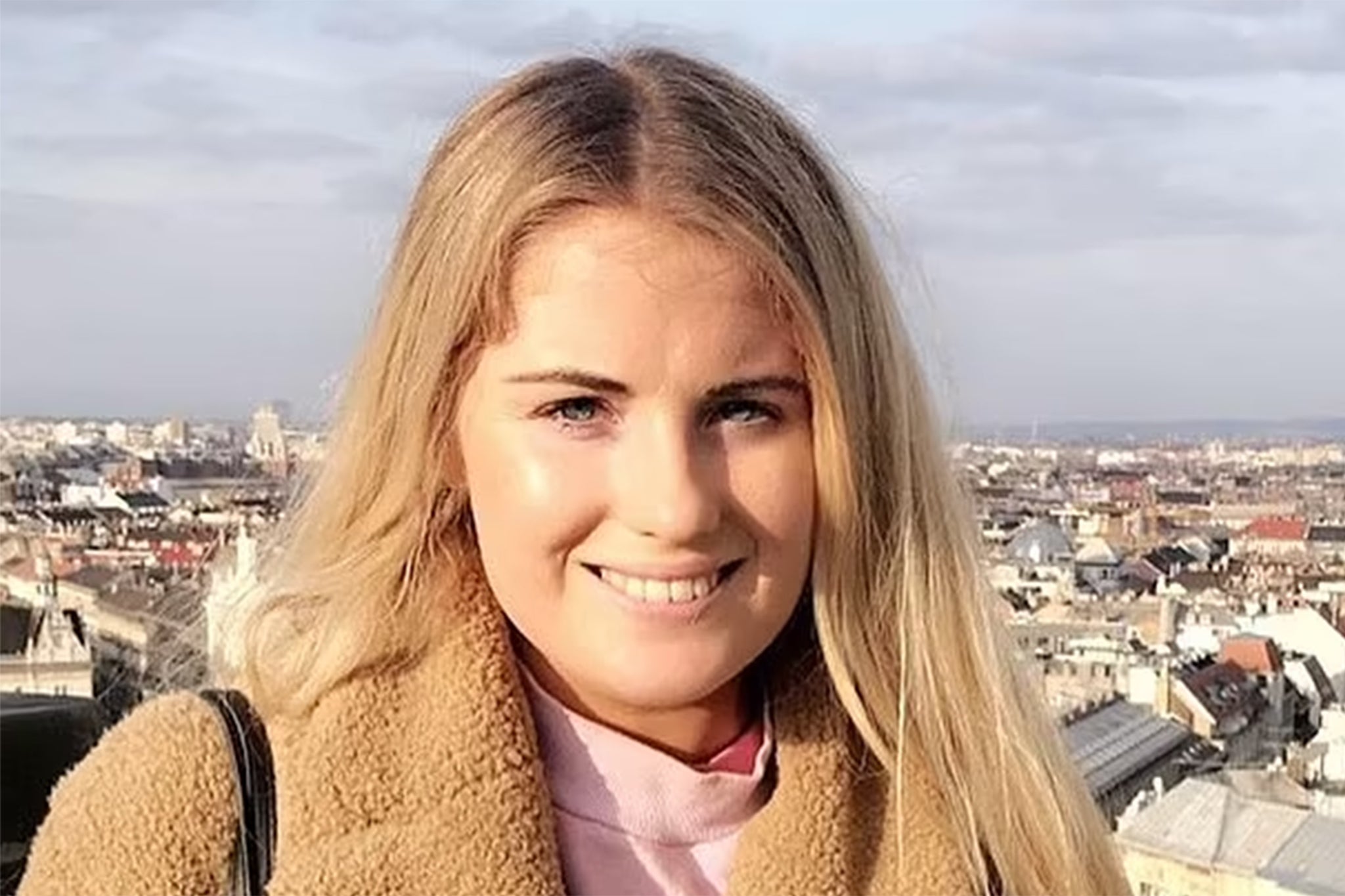Your support helps us to tell the story
From reproductive rights to climate change to Big Tech, The Independent is on the ground when the story is developing. Whether it’s investigating the financials of Elon Musk’s pro-Trump PAC or producing our latest documentary, ‘The A Word’, which shines a light on the American women fighting for reproductive rights, we know how important it is to parse out the facts from the messaging.
At such a critical moment in US history, we need reporters on the ground. Your donation allows us to keep sending journalists to speak to both sides of the story.
The Independent is trusted by Americans across the entire political spectrum. And unlike many other quality news outlets, we choose not to lock Americans out of our reporting and analysis with paywalls. We believe quality journalism should be available to everyone, paid for by those who can afford it.
Your support makes all the difference.
Five people including a British backpacker have died in a suspected methanol poisoning case after allegedly being served free drinks in Laos, and at least one more traveller is fighting for her life.
Simone White, 28, a solicitor from Orpington in Kent, reportedly fell ill last week after she was thought to have accepted the drinks in the Vang Vieng area.
Two Danes, an Australian and an American also died after being taken to hospital with similar poisoning symptoms.
A New Zealander is also among those unwell and being treated, and the country’s foreign ministry said there had been “several cases of suspected methanol poisoning after consuming alcoholic drinks”.
Australian prime minister Anthony Albanese said Bianca Jones, 19, had died after being taken to hospital in Thailand. A friend of the teenager, Holly Bowles, was “fighting her life”, Mr Albanese also told parliament.
Laos police are investigating.
What is methanol?
Methanol, a colourless liquid with a faintly sweet pungent smell, completely mixes with water. It’s very similar to ethanol – the pure form of alcohol in alcoholic drinks.
Unlike ethanol, however, methanol is toxic to humans and is commonly used as a solvent in industrial processes, a precursor for producing formaldehyde and an ingredient in products like antifreeze and fuel.
- A precursor for producing formaldehyde and other chemicals.
- An ingredient in antifreeze, paint thinners, and fuel.
How dangerous is it?
Methanol is readily absorbed and distributed throughout the body. It is metabolised to formic acid, which is toxic in large concentrations.
The US National Institutes of Health says it is well established that methanol has serious acute toxic effects that occur at high levels of exposure.

The NHS warns that as little as 4ml of methanol can cause hallucinations and blindness.
Half an hour to two hours after consuming methanol symptoms include drowsiness, confusion and irritability. Later symptoms include dizziness, vomiting, severe abdominal pain and diarrhoea.
Severe cases may lead to fast, shallow breathing, then coma and convulsions.
Patients may be given dialysis.
How can tourists avoid it?
Homemade alcohol, popular in southeast Asia, may accidentally contain too much methanol because of the distillation process. Or it may be used as a cheap substitute for ethanol – effectively a counterfeit alcoholic drink.
Local spirits including local rice or palm liquor, spirit-based mixed drinks such as cocktails, and fake branded alcohol sold in shops or bars may all be affected.
The Foreign Office issued a warning to UK tourists, advising holidaymakers in Laos to take precautions.
Measures include buying alcohol only from licensed stores and licensed bars and hotels, and avoiding homemade drinks.
Tourists should also check that bottle seals are intact when buying and check labels for poor print quality or incorrect spelling, which may indicate they are knock-offs.
Anyone suspecting they have drunk methanol is advised to get medical help.




